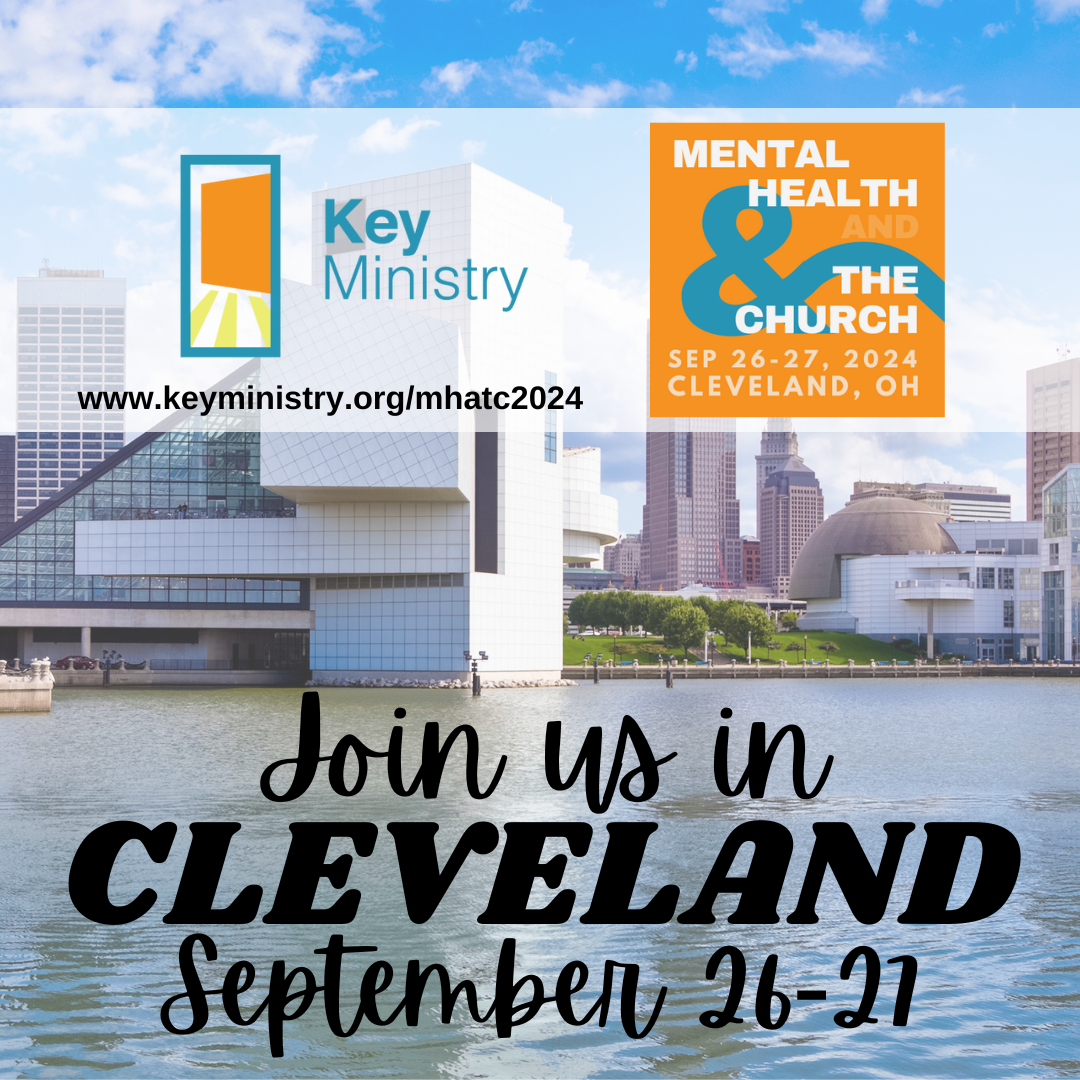In Part 1 of this series, we encouraged the reader to think about mental illnesses as relentless unresolved needs that negatively impact the average Christ-follower’s relationship with Jesus - or a loved one’s relationship with Christ. Mental illness and “hidden disabilities” (think neurological conditions like autism) are not visible by looking at someone; both types of conditions are relentless and often accompanied by unresolved needs.
While mental illness and visible disabilities have similarities in the impacts of these challenges on interpersonal relationships and faith, there are also important differences. At the Mental Health and the Church conference, you’ll find speakers who present on approaches and resources that have been tailored to meet specific relationship-building and discipleship needs, all related to mental health and mental illness.
Today, we are pleased to introduce to you a group of presenters we’re calling ‘The Trauma Specialists.’ Trauma is a word frequently used within our culture, but often without a precise, accurate definition.
Trauma is defined as “…a wound of the heart and mind that causes deep suffering. It leaves the person feeling overwhelmed and disconnected, and takes a very long time to heal.”
The presenters listed below each have significant expertise in helping people who have experienced these types of wounds of the heart and mind. They each bring unique resources, experiences and perspectives on how to support individuals struggling with the impacts of trauma, either within the local body of Christ or in the local community, so that these individuals find healing and renewed strength.
Here are some of the resources, experiences and perspectives that each of these presenters will bring to MHATC:
Don Gordon, To Equip His People: Don received trauma healing training through the Trauma Healing Institute, and in 2020, launched “To Equip His People” as a Trauma Healing Training Hub to equip Trauma Healing Facilitators to enhance the ministries of their local churches. Don’s trauma healing ministry has reached people in 28 countries and across the United States. Don’s expertise: trauma healing in the local church; trauma healing for teens, trauma healing for generational trauma. Church-based trauma support.
Terri Gray, Reboot Recovery: Terri knows firsthand what trauma feels like and how healing is possible, through her own traumatic childhood and adult experiences. Today, Terri serves as Trauma Programs Coordinator for Reboot Recovery. Reboot serves individuals impacted by trauma—including military members first responders—through trauma support training and curriculums for anyone struggling with the impacts of trauma. Terri’s expertise: trauma healing for women and children experiencing homelessness, trauma healing for teens, trauma healing for military and first responders. Non-profit based trauma support.
Rachel Medefind, CAFO’s Institute for Family-Centered Healing & Health: As the Director of CAFO’s Institute for Family-Centered Healing & Health, and as a parent of children who have been in the foster care and adoption system, Rachel has seen first hand the impacts of trauma, but also the positive, healing impacts of tailored trauma support. Rachel’s expertise: family-based trauma support; adoption and foster care trauma support; healing strategies and resources for children who have experienced early adversity. Non-profit based trauma support.
Philip Monroe, Langberg, Monroe & Associates: Dr. Monroe’s career has been dedicated to helping people heal from wounds of the heart and mind. As a psychologist and educator, he has counseled countless individuals through Langberg, Monroe & Associates, as well as trained seminary students pursuing graduate level counseling degrees. Philip’s expertise: Specialist in trauma and recovery in faith communities, as a seminary department chair, counselor, author of trauma-healing curriculum for the American Bible Society and as founder of the Global Trauma Recovery Institute.
Rebecca Taguma, Trauma Healing Institute, American Bible Society: Rebecca serves as Executive Director of the Trauma Healing Institute of the American Bible Society. For more than 20 years, Rebecca has been on the forefront of learning about trauma support needs in local churches, developing resources needed to meet those needs and helping individuals develop resilience. Rebecca’s expertise: Extensive national and global work on trauma healing resource development; integration of biblical and mental health principles into trauma healing resources. Non-profit based trauma support.
Aminah Vargas, Bridge CLE and Bridge City Church: Aminah currently serves as the Director of the Resilience Program and Ministry at BridgeCle and Bridge City Church in Cleveland, Ohio. As a licensed social worker, Aminah combines her clinical skills with a faith-based perspective to meet the trauma-related needs of individuals and the communities near the churches. Aminah’s expertise: Approaching ministry with a trauma-sensitive lens; promoting trauma healing from a faith-based perspective; urban ministry; practical tools and resources to churches to create a trauma-sensitive framework for their ministries.
Learn more about this group of speakers and the rest of the speaking team by clicking here. Register for the Mental Health and the Church 2024 conference here.





